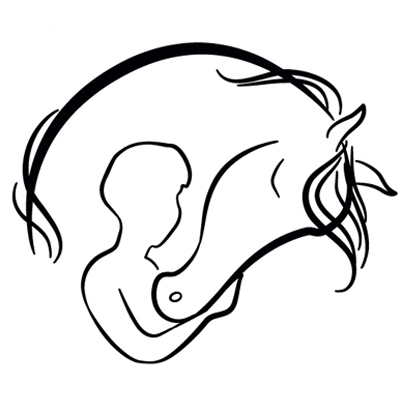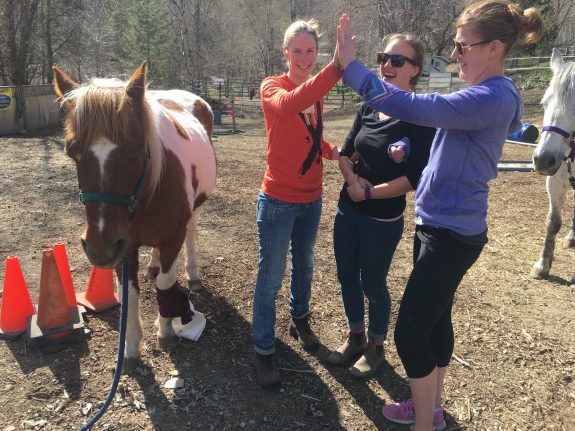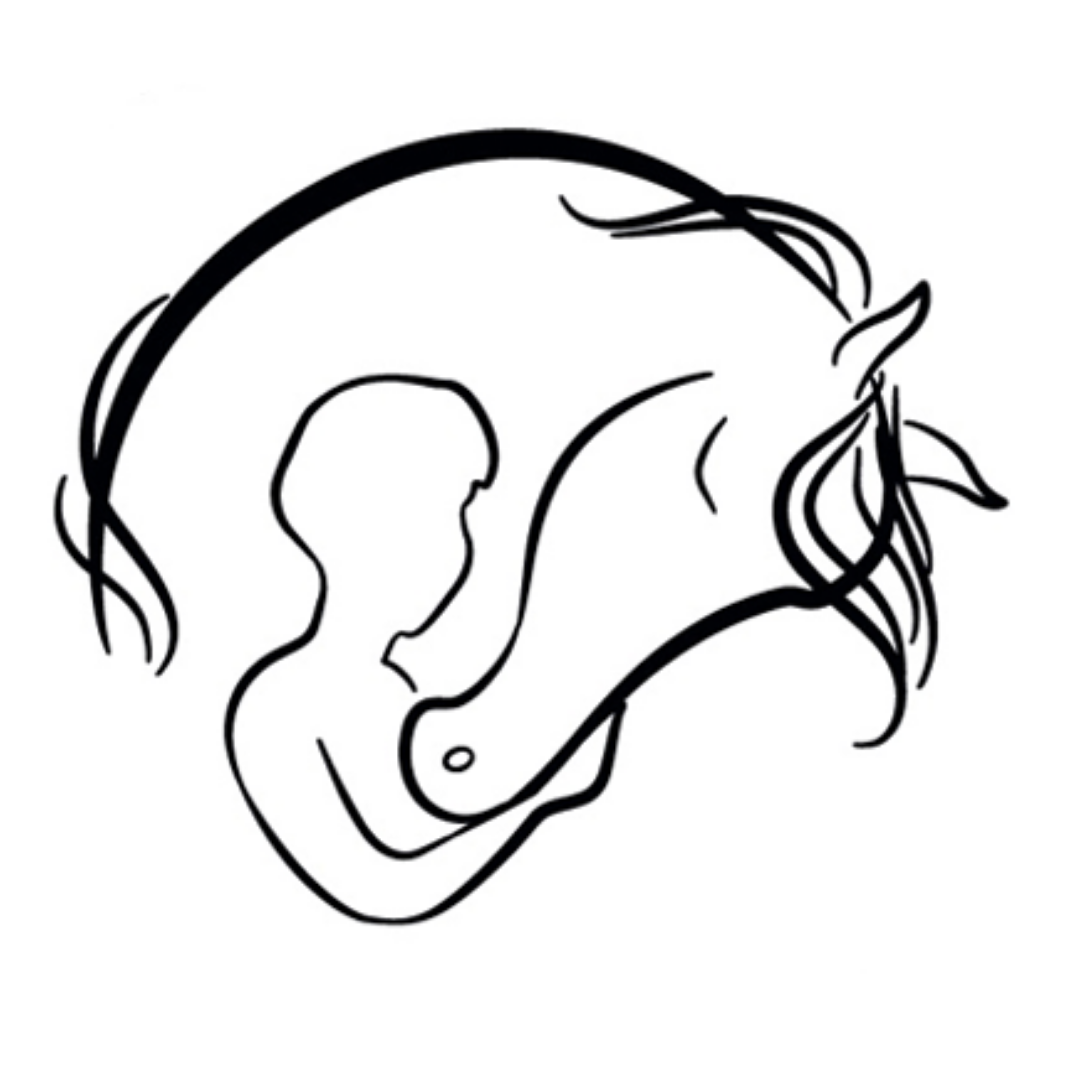Little Oasis Equine Matters

At Little Oasis Equine Matters (LOEM) horses are the teachers— participants develop and improve their social skills by working with peers and horses on objectives such as trust, communication, and leadership. Leah Hope and her human staff of Equine Assisted Learning Facilitators, create an environment where participants utilize experiential learning to effectively navigate social situations. They read the non-verbal ques from the horses, thus gaining honest insight about themselves. The teaching philosophy at LOEM is a refreshing departure from the norm. In many learning environments, Leah says, people are taught to focus on the negative, to consider only what went wrong and never repeat that mistake. Instead, students at LOEM are much more likely to encounter a “What went right?” or a “What worked for you?” after performing an exercise. Staff focus their efforts on acknowledging the positive and guiding students to come to their own conclusions about strategies for social interactions that work.
There are often misconceptions about who can benefit from Equine Assisted Learning (EAL). The truth is it is something that anyone can use, especially in an age where communication is shifting to online avenues. About ninety percent of communication, the non-verbal aspect, goes unpracticed when in digital forms. “People are disconnected,” Hope says, “there’s less and less face to face.” A fundamental aspect of EAL addresses this non-verbal communication. Horses don’t speak, so participants must interpret their equine partner’s reactions through their body language like ear position, and at the same time, being aware of how their own body language impacts the horse. Horses are prey animals so participants learn how to recognize when they are acting predatory which can be applied to human-human interactions when emotions are heightened.
The curriculum is a building block style, with clear objective based exercises. The main focus of LOEM programs in the past has been children. This program includes lessons on peer pressure, conflict resolution, effective communication, problem-solving and more. LOEM’s adult program develops similar skills to the youth program but tackles these issues in an age-appropriate manner, including lessons like teamwork, boundary-setting and assertiveness. While LOEM will continue with their Youth and Adult Programs that focus on individual and life skills development, their future lies in their expansion into their leadership development program called Going Beyond the Boardroom. The organization of a herd of horses resembles that of a human office, thus participants will learn when and how to assume a leadership role by interacting with horses and their co-workers.
No matter your age or experience, consider a program with Little Oasis for your staff/leadership needs and they will surely have something to teach you. While facilitators learn about who you truly are through your interactions with the horses, you will make discoveries about yourself and how you can best navigate the world around you. Horses, after all, make some of the best teachers.






